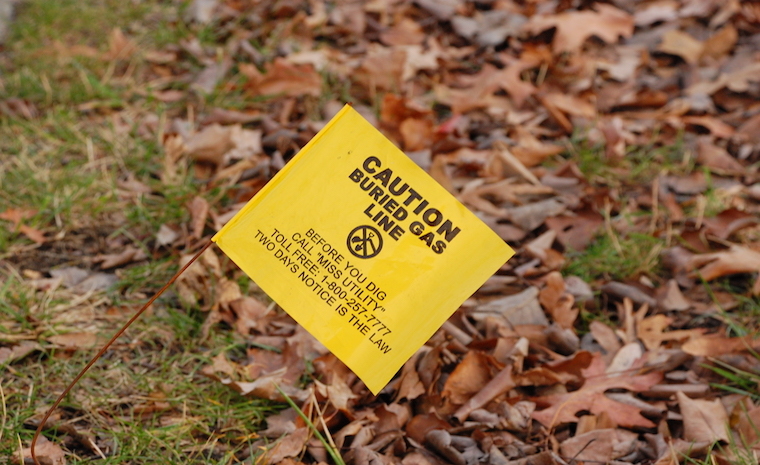RICHMOND, Va. —The U.S. Court of Appeals for the Fourth Circuit vacated and remanded a case involving the Atlantic Coast Pipeline after the three-judge panel ruled the U.S. Fish and Wildlife Service "fast-tracked" pipeline authorization.
Chief Judge Roger Gregory authored the opinion and was joined in the opinion by Judges Stephanie Thacker and James A. Wynn Jr.
The case was argued May 9, and the judges issued the opinion July 26.
In 2017, the U.S. Fish and Wildlife Service (FWS) issued a Biological Opinion in connection with the proposed Atlantic Coast Pipeline, which will transport natural gas from West Virginia to Virginia and North Carolina, according to the opinion.
"That Opinion, required by the Endangered Species Act, concluded that the proposed pipeline will not jeopardize the continued existence of several endangered and threatened species that are likely to be impacted by pipeline construction," Gregory wrote.
The Biological Opinion concluded that the pipeline would not jeopardize four species, including the rusty patched bumble bee, clubshell, Indiana bat or Madison Cave isopod.
The FWS issued an incidental take statement with the Biological Opinion, which set limits on the number of species the pipeline could legally take because it anticipated the incidental taking of those species.
The Defenders of Wildlife, Sierra Club and Virginia Wilderness Committee challenged the take limits and, after review, the appeals court determined that the take limits were "arbitrary and capricious."
"Shortly after our decision, FWS issued a new Biological Opinion and Incidental Take Statement," Gregory wrote. "Petitioners now challenge the findings of both of those agency actions."
The petitioners argue that FWS improperly determined that pipeline construction would not jeopardize two of the four species and they also challenge the validity of the take limits imposed for the other two species.
"Because we find that FWS arbitrarily reached its no-jeopardy conclusions and failed to correct the deficiencies in the take limits that we identified in the previous appeal, we grant the petition and vacate the 2018 Biological Opinion and Incidental Take Statement," Gregory wrote.
The Atlantic Coast Pipeline is a proposed 600-mile pipeline designed to transport natural gas from West Virginia to Virginia and North Carolina.
The construction of that pipeline will require a 125-foot right-of-way that will disturb 11,776 acres of land, according to the opinion.
It will also require additional temporary workspace and use of access roads and certain areas will need to be cleared of trees, among other things.
Gregory wrote that it appears likely that construction activities will result in the take of more Madison Cave isopods than set forth in the habitat surrogate of the 2018 Incidental Take Statement.
"FWS has again failed to establish a 'causal link between the surrogate and take of the listed species,'" Gregory wrote.
Gregory noted it took a mere 19 days to issue the Biological Opinion and the Incidental Take Statement, which he felt cannot be ignored.
"In fast-tracking its decisions, the agency appears to have lost sight of its mandate under the ESA: 'to protect and conserve endangered and threatened species and their habitats,'" Gregory wrote.
U.S. Court of Appeals for the Fourth Circuit Case number: 18-2090
